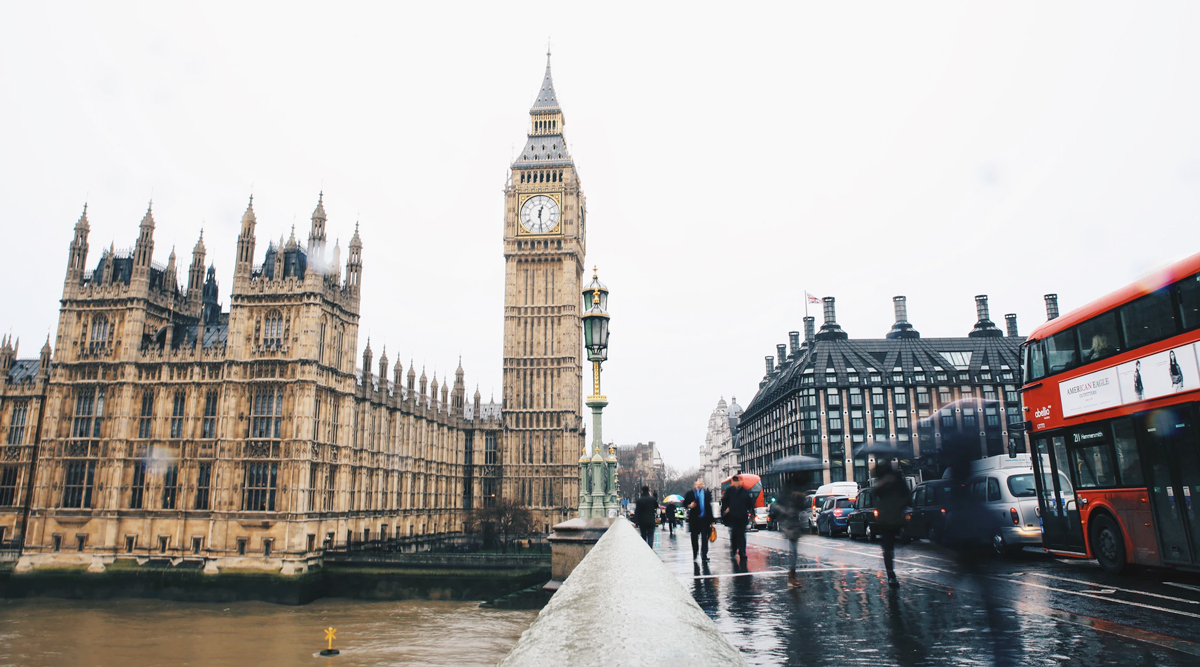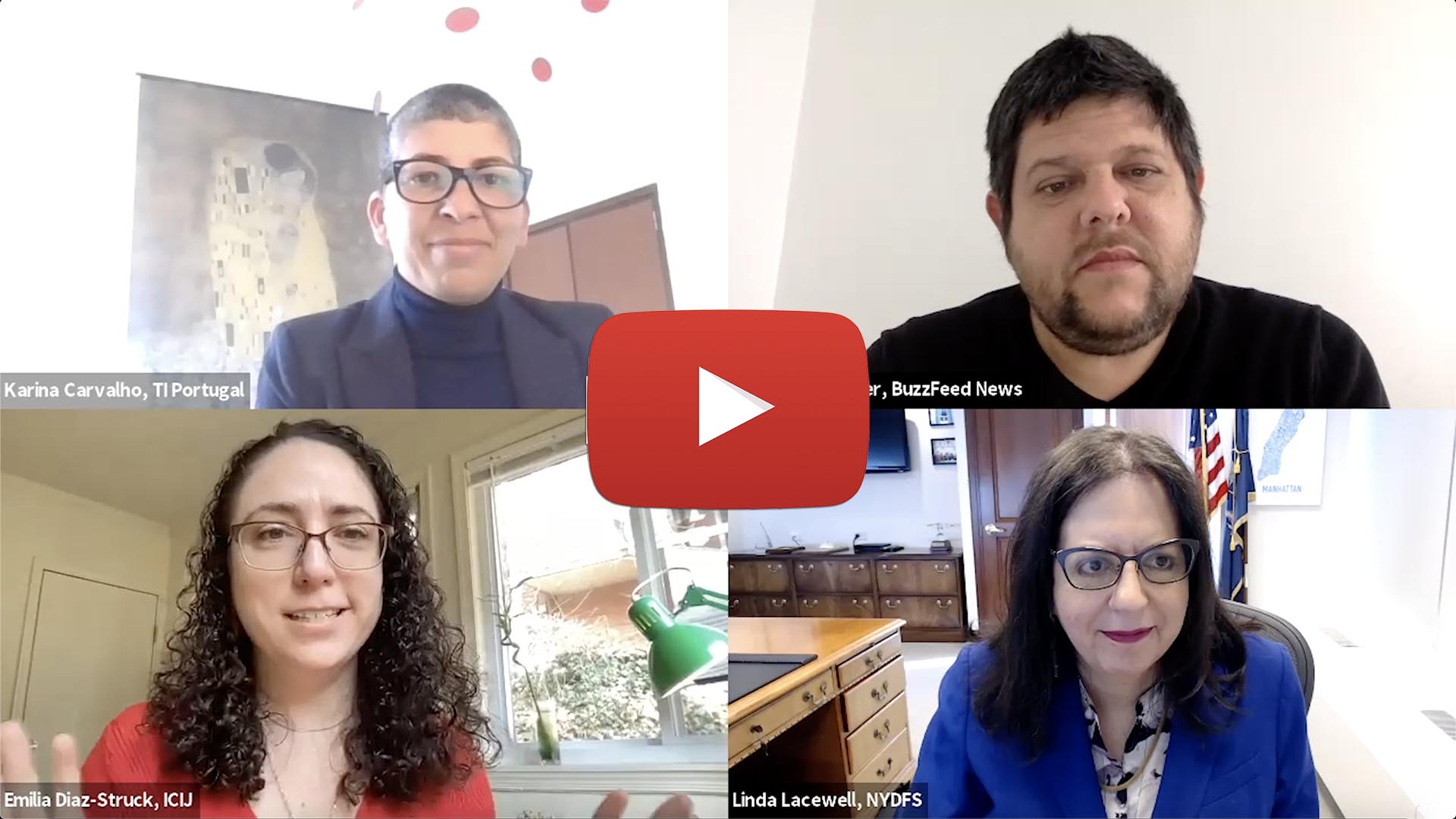Flawed and unpoliced anti-corruption measures have allowed the U.K. to become a “comfortable home for dirty money” and prime destination for kleptocrats looking to hide their assets, according to a new report.
Urging a total anti-money-laundering overhaul, the report by London-based think tank Chatham House highlights weaknesses in British regulations, noting that while the U.K. requires enhanced due diligence on clients from the European Commission’s list of high-risk countries, that list does not include any of Eurasia’s top kleptocracies or other countries where the money laundering laws are strong on paper, but enforced weakly.
What it calls a near-army of “professional enablers” exploit those weaknesses in the service of kleptocrats and their associates, the research finds, in some cases even lobbying for regulatory changes that make it harder to enforce existing anti-corruption measures or implement new ones.
The report notes that rapid growth and deregulation of financial and professional services in London since the 1980s dovetailed with the end of the U.S.S.R. This opened the door for kleptocrats — politically-connected elites who profit personally from the privatization of formerly public assets like natural resources and industrial holdings — from former Soviet republics to launder those profits through London.
“It is not simply a matter of demand from Eurasia which will be met elsewhere if not here,” the report says. “UK-based enablers and their overseas partners provide an unrivalled set of hiding and laundering services which generates demand from kleptocrats.”
The study points to several case studies of elites from other countries that have taken advantage of the weaknesses in the U.K. regulatory system to occupy positions of prominence in the U.K. while retaining influence in their home countries — including figures that have featured in recent investigations by the International Consortium of Investigative Journalists.
The relatives of Azerbaijani President Ilham Aliyev have spent hundreds of millions of dollars on U.K. real estate via offshore companies since 2006, according to Pandora Papers records. Aliyev’s regime has been marked by huge increases in the country’s energy income, but also by a brutal human rights record that includes the imprisonment and torture of journalists and dissidents.
Aliyev’s sister-in-law, Nargiz Pashayeva, also holds a seat on the board of a center for the study of Azerbaijan and Central Asia at the University of Oxford, which was established after a multimillion-dollar endowment from an undisclosed donor. The report identifies such positions as a form of “reputation laundering” — the process of helping alleged kleptocrats obscure evidence of corruption and rebrand themselves as “engaged global citizens.”
Chatham House also highlights how “golden visa” schemes have allowed a number of kleptocrats to obtain U.K. residency with little oversight of the associated risks. For example,obtaining U.K. citizenship can clear a path for foreign-born elites to influence British politics. The report’s authors cite Pandora Papers reporting on former Russian deputy finance minister Vladmir Chernukhin and his wife Lubov, who donated millions of dollars to the Conservative Party after becoming a British citizen.
Reporting by the Guardian and the BBC into the trove of leaked documents uncovered offshore structures which they said raised questions about whether Vladimir is the ultimate source of some of the Tory donations. Chatham House described this as a “prominent issue in the U.K., especially in light of Russia’s attempts to interfere in elections abroad.”
FinCEN Files reporting had previously shown that Vladimir Chernukhin had received $8 million from a Russian politician, Suleyman Kerimov, who was later sanctioned by the U.S. Lawyers for the Chernukhins denied that Lubov had received any money that Kerimov or any company tied to him, and said that her donations to the Conservative Party had not been “tainted by Kremlin or any other influence.” Mrs. Chernukhin’s lawyers said she was a British citizen and was entitled to do as she wished with her money.
The report also notes that the U.K.’s status as a hub for post-Soviet kleptocrats can bring “authoritarian agendas and rivalries to U.K. settings,” citing the 2006 killing of Alexander Litvinenko and the 2018 attempted assassination of Sergei Skripal — both former Russian intelligence officers who provided information about links between the Russian government and organized crime to European intelligence services — as examples of political violence that Russian-linked kleptocracies have brought to British soil.
The report calls for a raft of reforms to constrain kleptocrats, including: mandatory reporting of transactions over a certain monetary value involving politically exposed persons; increased funding to the country’s National Crime Agency to investigate and prosecute the enablers of money laundering; and fresh requirements for universities and charities to disclose the identities of their donors.
Chatham House contrasts the U.K.’s response to the problem of kleptocracy — which it characterizes as declaring success in the fight against corruption despite a lack of evidence and an attempt to reframe the problem as one of organized crime — with a “major anti-kleptocracy drive” by the United States.
This week, the Biden administration launched a government-wide campaign against financial corruption and chose it as one of the major themes of the Summit for Democracy that took place Thursday and Friday. In remarks delivered at the summit, U.S. Treasury Secretary Janet Yellen announced the formation of a “kleptocracy fund” to reward those who provide information about corrupt foreign leaders hiding money in the U.S. and committed the U.S. Treasury to playing a leading role in fighting illicit financial flows.
“There’s a good argument that, right now, the best place to hide and launder ill-gotten gains is actually the United States,” she said. “The United States cannot be a credible voice for free and fair government abroad if at the same time, we allow the wealthy to break our laws with impunity.”



